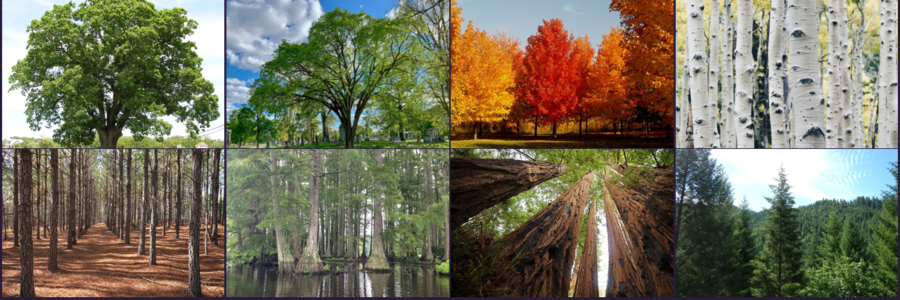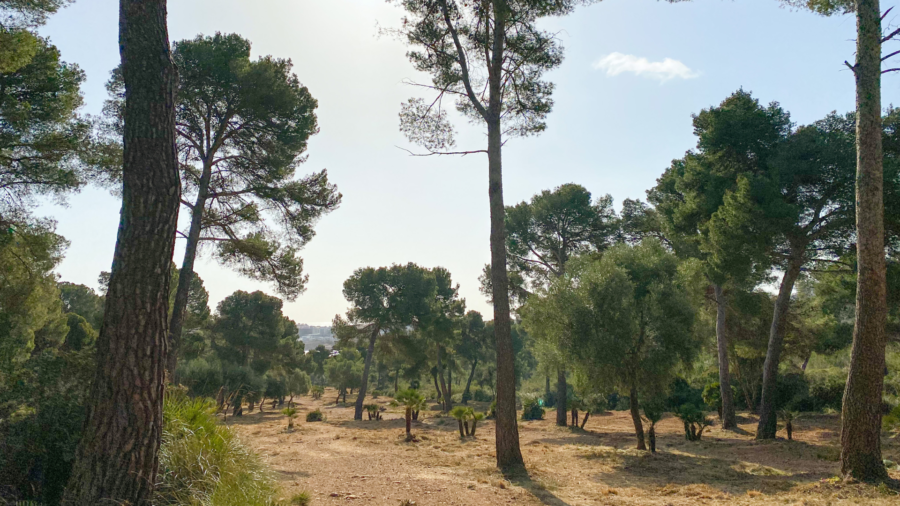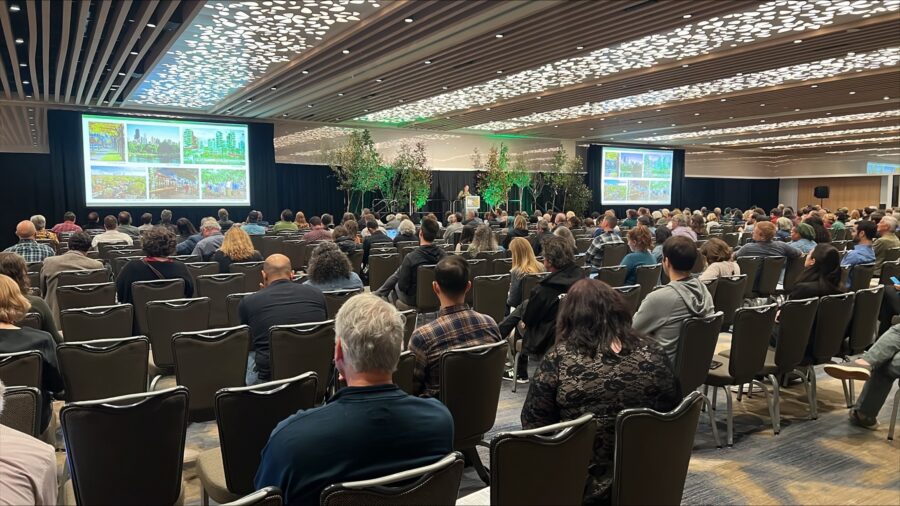Written by Mark McPherson and Jordan Wildish
Urban U.S. forests comprise 141 million acres of land and provide $18.3 billion in benefits per year directly to the 80% of our population that lives, works, breathes, and recreates there. Yet many of our city forests are being lost. Urban and community tree cover declined by 175,000 acres, or 36 million trees, per year between 2009 and 2014. If we assume that same annual loss through 2019, this equals the de-forestation of land area the combined size of Boston, New York, Miami, Atlanta, St. Louis, Seattle, Portland, and San Francisco. This tree loss represents a loss of over $100 million of benefits from the rain interception, heating, cooling, air quality, and carbon sequestration those trees provided. Heat kills more people than storms or other weather events, and urban tree cover saves lives, as documented in two recent articles in the New York Times.
Our city forests are not equitably distributed or maintained, creating environmental injustices that disproportionately and adversely affect under-resourced communities. The New York Times has documented the legacy of red-lining and highway construction in U.S. cities, among many other institutional issues. These destructive legacies result in reduced tree cover and temperatures as much as 12 degrees higher in under-resourced city neighborhoods. Across the U.S. the poorest neighborhoods have 41% less tree canopy coverage than the wealthiest neighborhoods, on average.
American Forest’s Tree Equity Score tool identified cities that can gain the most significant health, economic, and climate benefits by increasing tree canopy in places of high need. American Forest’s analysis found that more than 500 million urban trees are needed across the U.S. to address this significant disparity in tree canopy cover. Achieving tree equity across the U.S. will save lives, save energy, and store millions of tons of carbon. But growing and maintaining urban trees often comes with a high price tag.
Our city forests are funded almost entirely by cities, often with little to no state or federal funding. Cities account for trees as expenses, not as assets on their balance sheets. As expenses only, without the countervailing asset value, trees fall in budgeting priority below many other competing demands, such as human services, utilities, transit, housing and unhoused populations, and public safety. Without robust private-sector conservation funding of our urban forests, these challenges cannot be reversed. Our cities will lose the fight to be green, healthy, and equitable in the face of relentless global warming.
Carbon credits are one piece of the effort to keep our cities green and equitable. The non-profit carbon registry, City Forest Credits, has developed Carbon+ CreditsTM for city forests by working with scientists, urban forest professionals, and carbon industry experts to develop standards for issuing carbon credits for our city trees. The standards include rules for eligibility, ownership, quantification, monitoring, verification, and issuance of Carbon+ Credits that quantify not just CO2, but stormwater reductions, air quality impacts, and energy savings.
Carbon and sustainability leaders such as Microsoft, PayPal, Bank of America, Jonathan Rose Companies and Cloverly have been purchasers or funders of urban forest credits and projects. Carbon programs and projects are underway in 16 cities across the U.S., from Richmond, VA to Austin, TX to Des Moines, IA to Seattle, WA.
Tree Preservation and Credits on Historic African American Cemetery
The non-profit community foundation, Enrichmond, based in Richmond, VA, generated more than 5,000 carbon credits from the preservation, maintenance, and rehabilitation of a 65-acre site spanning two historic African American cemeteries. This project area is the resting place of more than 25,000 community members who contributed to Richmond’s social, political, intellectual, and religious life over the past 130 years. Funding from the sale of these credits will go to improve the health of the forest through the removal of invasive species. Preserving these trees delivers stormwater reductions, cooling benefits, biodiversity, human health benefits, and community impacts, in addition to helping preserve a monument to the African American experience.

PayPal was among the first buyers of credits generated by this project. This investment is both part of the company’s climate commitment, as well as their commitment to support underrepresented communities.
City Trees and Workforce Training in Des Moines
In Des Moines, IA, Microsoft has supported multi-year carbon and impact projects that not only planted trees in socioeconomically disadvantaged neighborhoods but also launched a workforce training program for youth called Growing Futures.

Led by Trees Forever, an established non-profit tree organization, Growing Futures is a youth employment and tree planting program that addresses critical social, economic, and environmental needs in Des Moines. Growing Futures is one of the first programs of its kind in the country, which brings together quantified environmental credits with the social and economic benefits of youth engagement and workforce training in an urban area and an exciting opportunity for all involved. This innovative approach engages youth, provides a path to green careers, and plants more trees in under-resourced neighborhoods. The main goals have been to increase tree equity across the city by planting trees in neighborhoods and along major street corridors and working with Growing Futures youth and other volunteers.
While Trees Forever focused efforts on workforce training, they incorporated design elements that contributed to human health, social equity, and the environment connected to 10 UN Sustainable Development Goals. Trees Forever chose strategic sites for planting trees, including in places where they will promote nature-based recreation and reduce stress and chronic disease. Project trees will deliver local climate action by sequestering carbon, reducing stormwater, improving air quality, and saving energy. Trees will grow and thrive because of the care they receive from Growing Futures youth, all while improving residents’ quality of life.
Carbon Credits as Conservation Finance for Our City Forests
Urban trees are essential infrastructure for climate mitigation and resilience. Getting this critical form of natural infrastructure to the scale needed to help mitigate some of the worst impacts of climate change will require every tool at our disposal – and carbon credits for our city trees have emerged as a valuable tool to help fund this important work.



